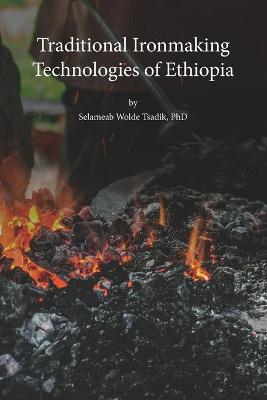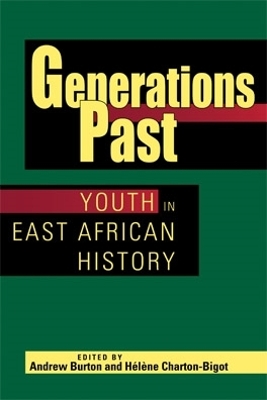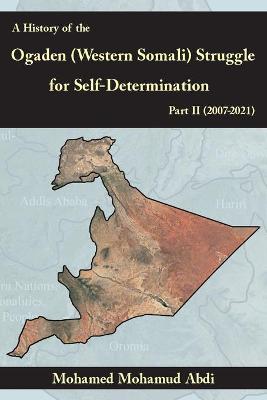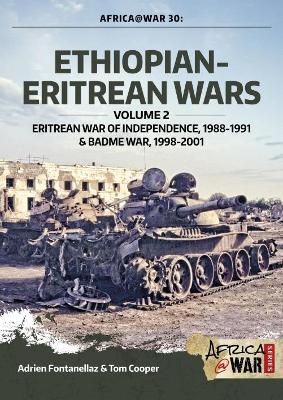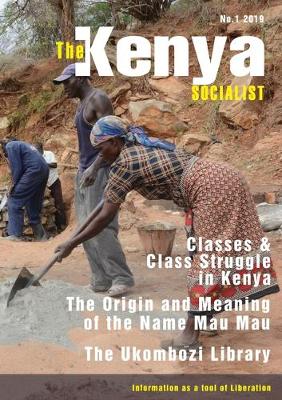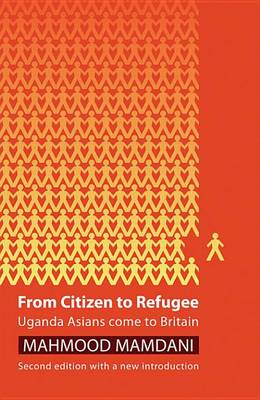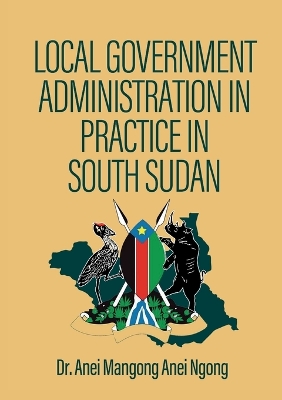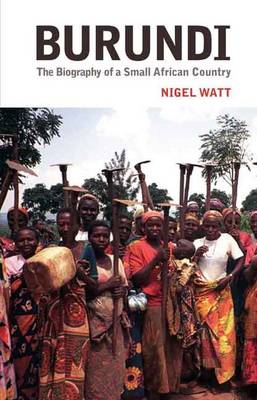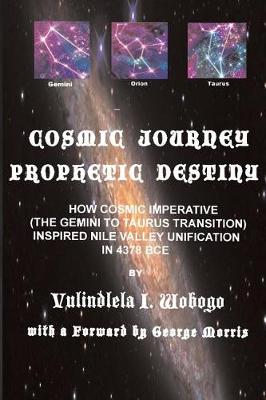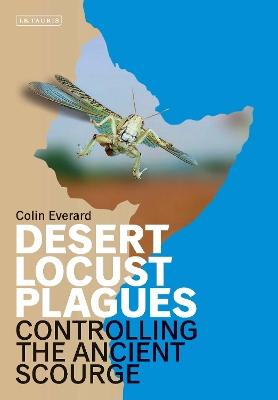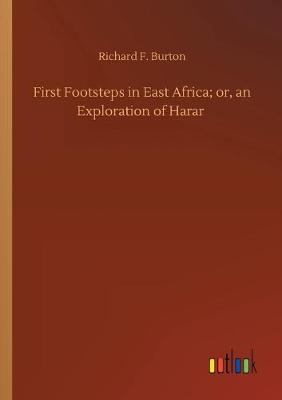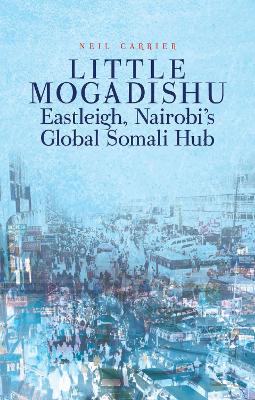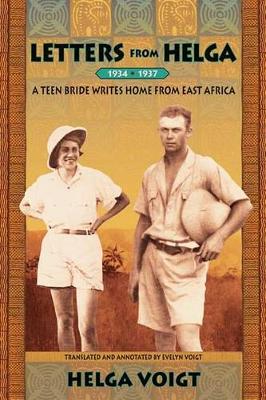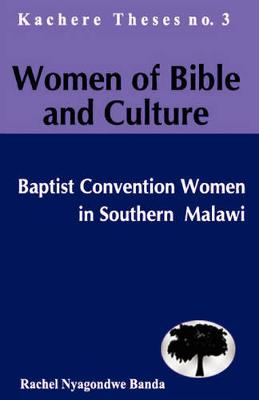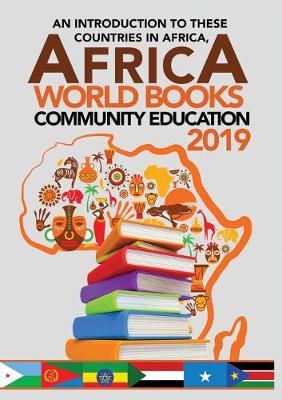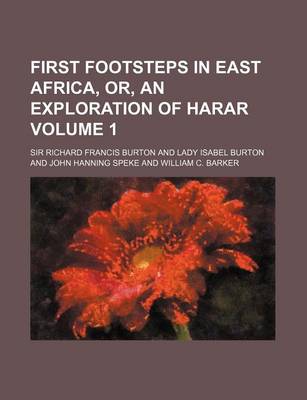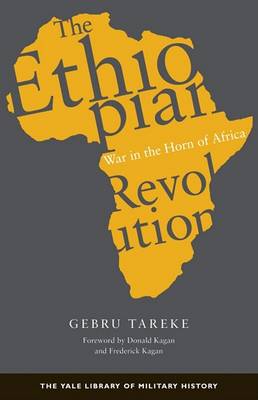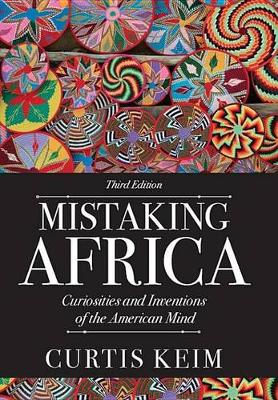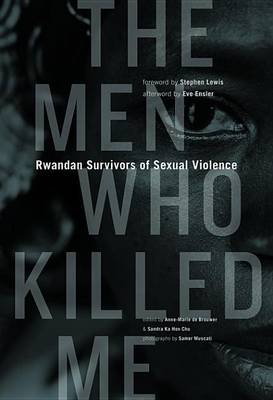Traditional Ironmaking Technologies of Ethiopia
by Selameab Wolde Tsadik
The International Response to Conflict and Genocide: Lessons from the Rwandan Experience
by Howard Adelman
Islam and Politics in East Africa: The Sufi Order in Tanzania
by August H Nimtz, Jr.
Contemporary Africa is demographically characterized above all else by its youthfulness. In East Africa the median age of the population is now a striking 17.5 years, and more than 65 percent of the population is age 24 or under. This situation has attracted growing scholarly attention, resulting in an important and rapidly expanding literature on the position of youth in African societies. While the scholarship examining the contemporary role of youth in African societies is rich and growing,...
Domesticating the World (California World History Library, #6)
by Jeremy Prestholdt
This book boldly unsettles the idea of globalization as a recent phenomenon - and one driven solely by Western interests - by offering a compelling new perspective on global interconnectivity in the nineteenth century. Jeremy Prestholdt examines East African consumers' changing desires for material goods from around the world in an era of sweeping social and economic change. Exploring complex webs of local consumer demands that affected patterns of exchange and production as far away as India an...
A History Of The Ogaden (Western Somali) Struggle For Self-Determination Part II (2007-2021)
by Mohamed Mohamud Abdi
Ethiopian-Eritrean Wars, Volume 2 (Africa@War)
by Adrien Fontanellaz and Tom Cooper
Ethiopia, a country of ancient origins in eastern Africa, remains a military powerhouse of that continent until our days. Nowadays involved in the war in neighbouring Somalia, Ethiopia was also involved in half a dozen of other armed conflicts over the last 60 years. Crucial between these was the Eritrean War of Independence. Fought 1961-1991, this was one of biggest armed conflicts on the African continent, especially if measured by numbers of involved combatants. It included a wide spectrum o...
Local Government Administration in Practice in South Sudan
by Dr Anei Mangong Anei Ngong
Burundi is Rwanda's twin, a small country in Central Africa with a complex history of ethnic tension between its Hutu and Tutsi populations and a deep familiarity with traumatic events, including the mass killing of over 200,000 people. Burundi was trapped in a state of civil war until 2004, after which Julius Nyerere and Nelson Mandela mediated a lengthy and eventually successful movement toward peace. Burundi's contemporary era has brought new institutions to the country, including a more open...
Rwanda
For thousands of years, humans have found themselves vulnerable to plagues of desert locusts. Some fifty countries in Africa, the Middle East and Asia have been ravaged, at one time or another, by huge, devouring swarms of locusts. With the consequent, often total, destruction of crops and grazing, widespread hunger and starvation ensued. Colin Everard's book takes as its geographical focus the Horn of Africa, an area which throughout history has suffered catastrophically from locust plagues. Ba...
First Footsteps in East Africa; or, an Exploration of Harar
by Richard F Burton
Nairobi's Eastleigh estate has undergone pro- found change over the past two decades. Previously a quiet residential zone, the arrival of vast numbers of Somali refugees catalysed its trans- formation into 'Little Mogadishu', a global hub for Somali business. Dozens of malls and hotels have sprouted from its muddy streets, attracting thousands of shoppers. Nonetheless, despite boosting Kenya's economy, the estate and its residents are held in suspicion over alleged links to Islamic terrorism, es...
First Footsteps in East Africa, Or, an Exploration of Harar Volume 1
by Richard Francis Burton
The Ethiopian Revolution (Yale Library of Military History (YUP)) (Yale Library of Military History)
by Gebru Tareke
Revolution, civil wars, and guerilla warfare wracked Ethiopia during three turbulent decades at the end of the twentieth century. This book is a pioneering study of the military history and political significance of this crucial Horn of Africa region during that period. Drawing on new archival materials and interviews, Gebru Tareke illuminates the conflicts, comparing them to the Russian and Iranian revolutions in terms of regional impact. Writing in vigorous and accessible prose, Tareke brings...
For many Americans the mention of Africa immediately conjures up images of safaris, ferocious animals, strangely dressed "tribesmen," and impenetrable jungles. Although the occasional newspaper headline mentions genocide, AIDS, malaria, or civil war in Africa, the collective American consciousness still carries strong mental images of Africa that are reflected in advertising, movies, amusement parks, cartoons, and many other corners of society. Few think to question these perceptions or how they...
